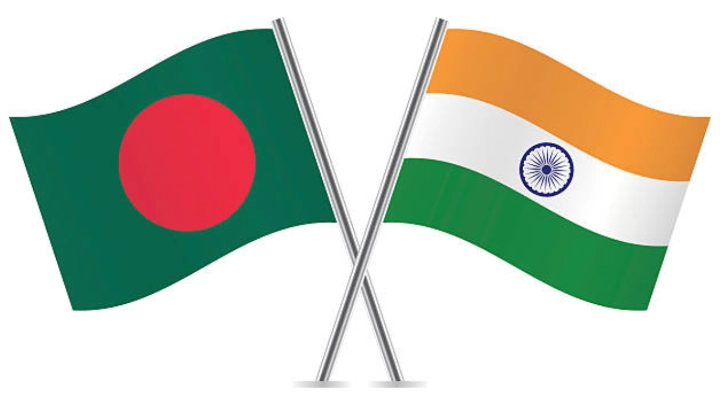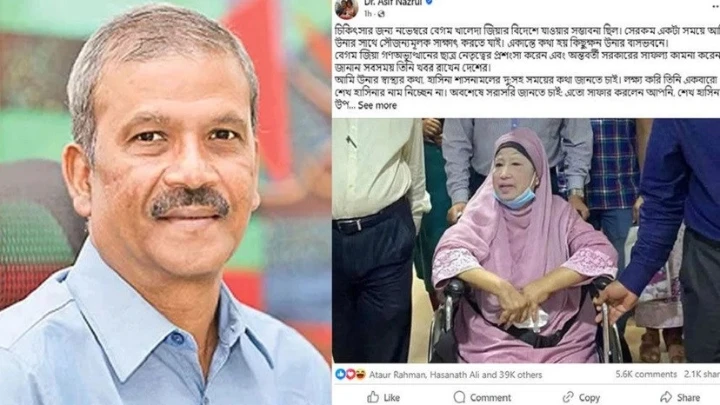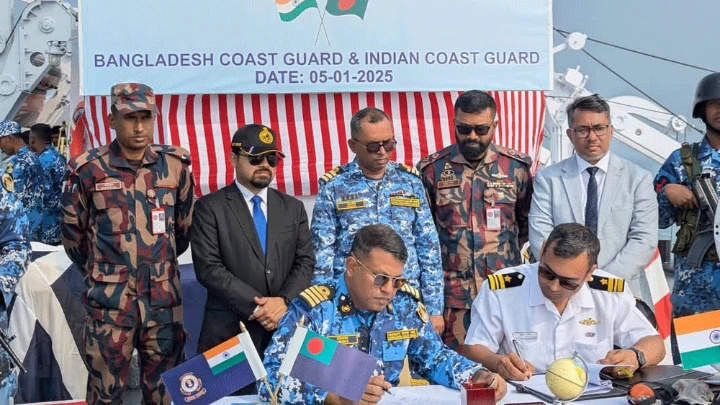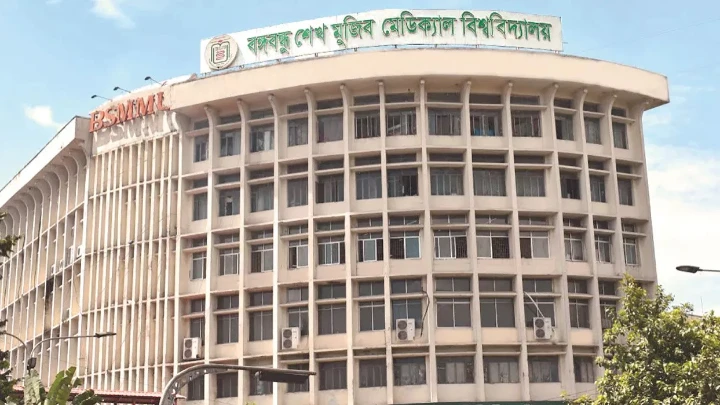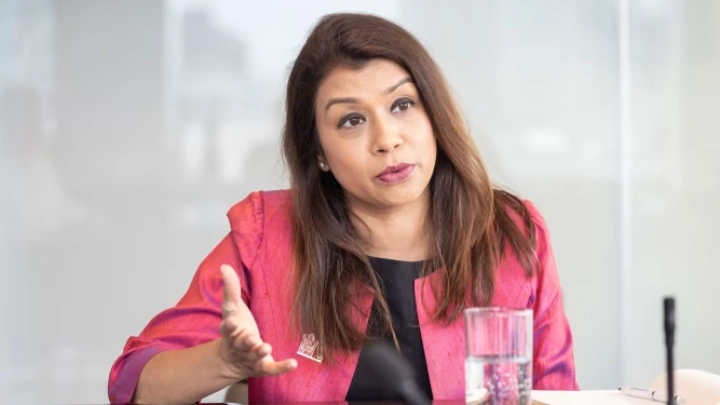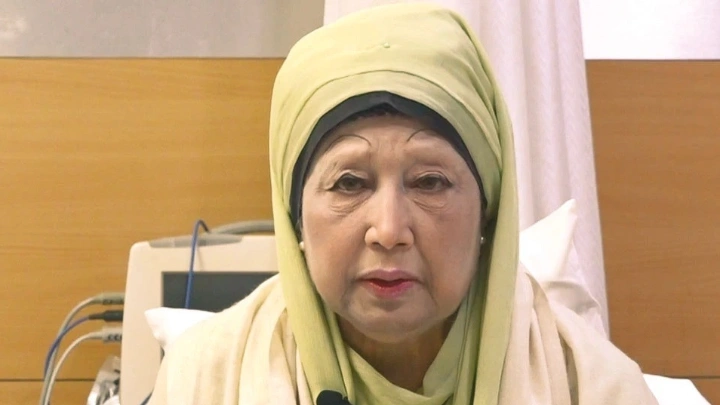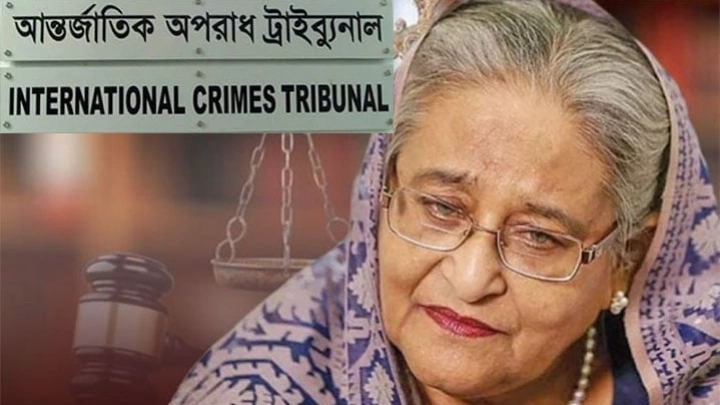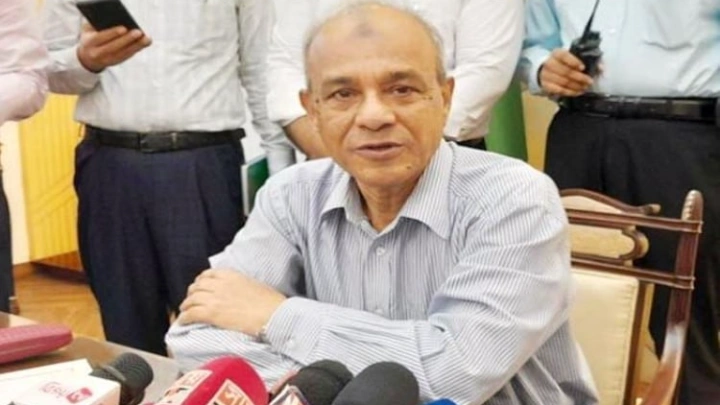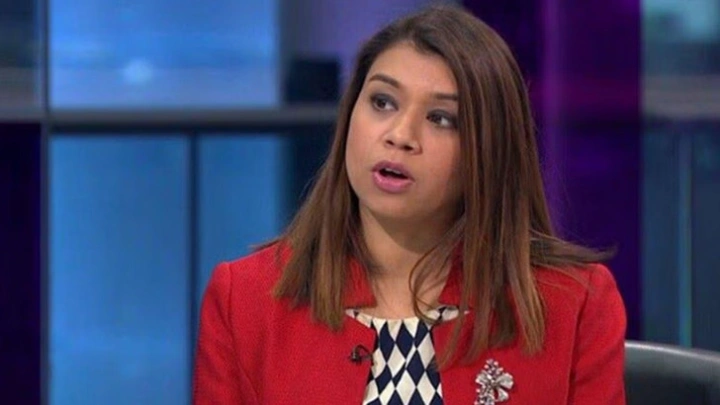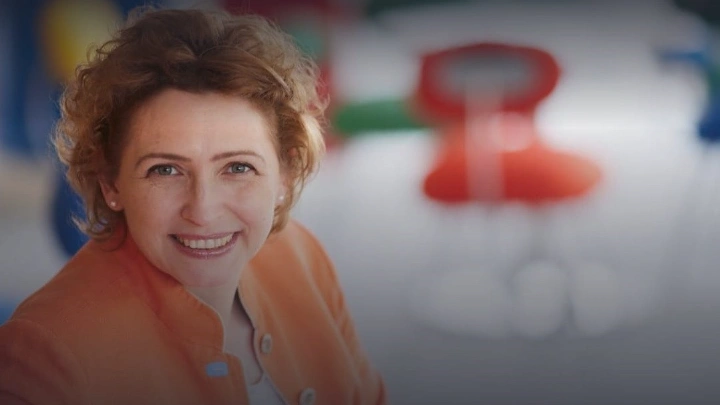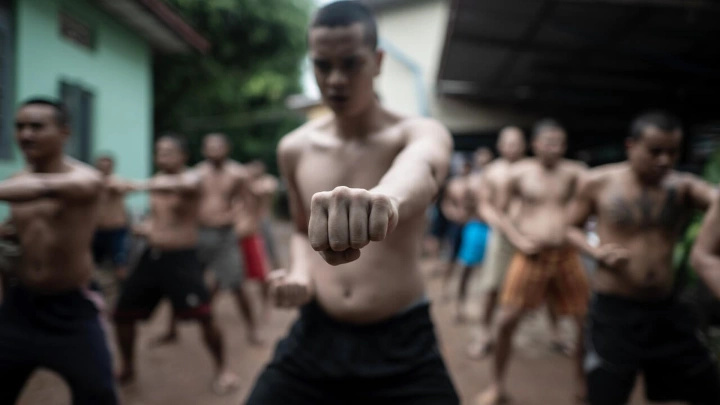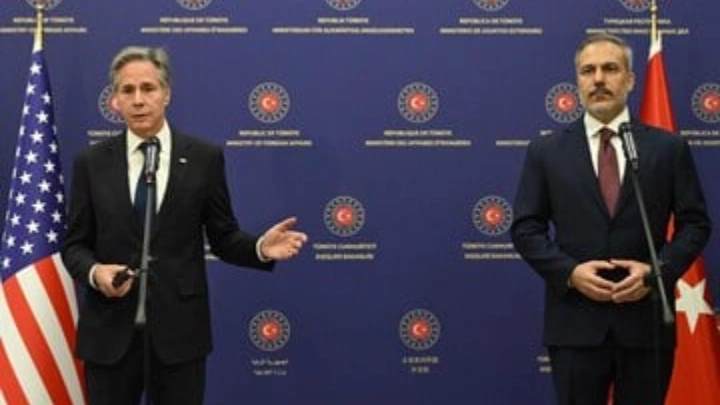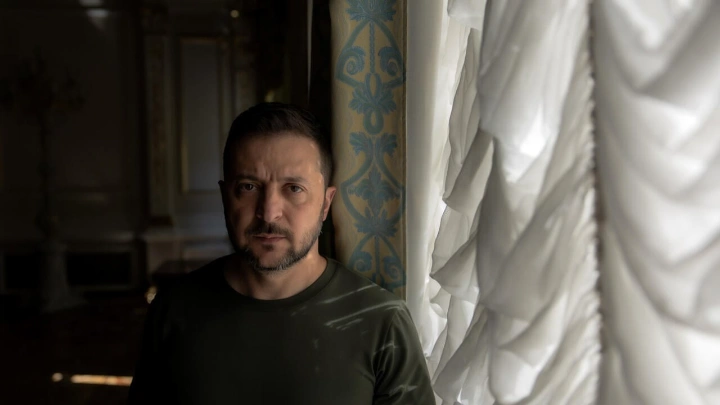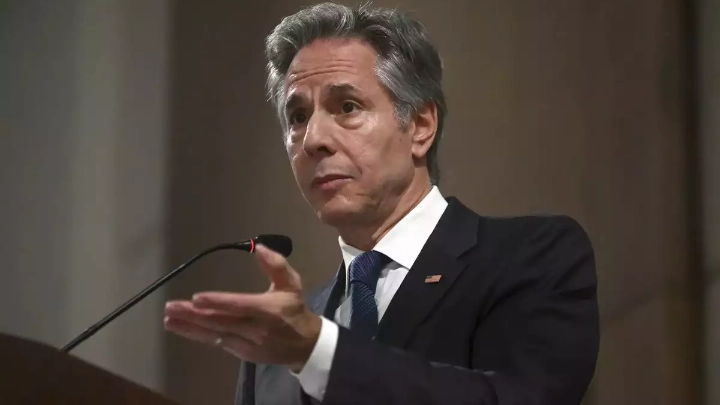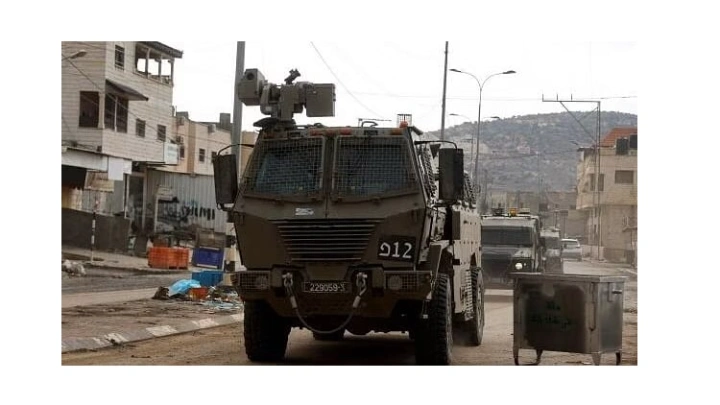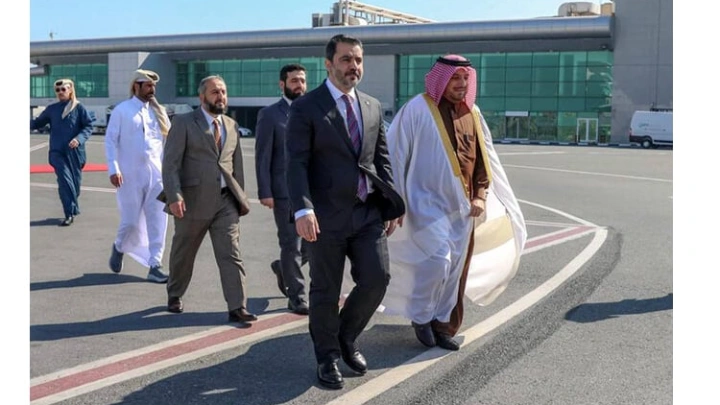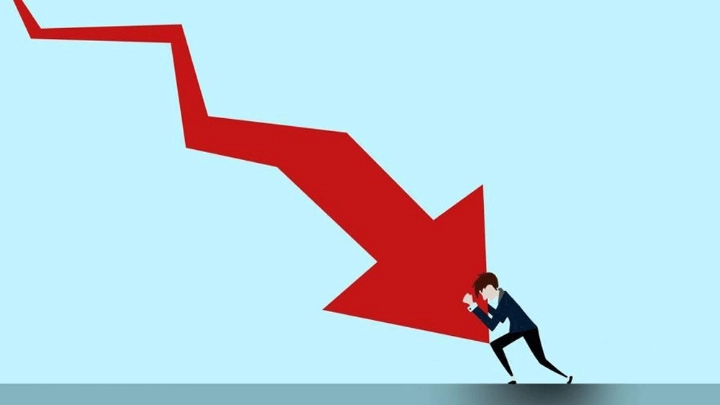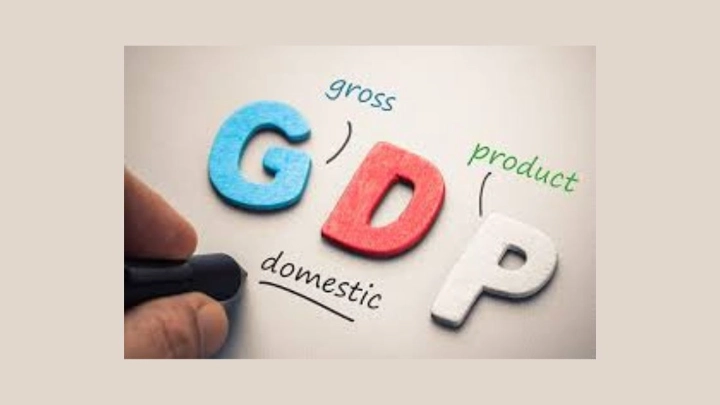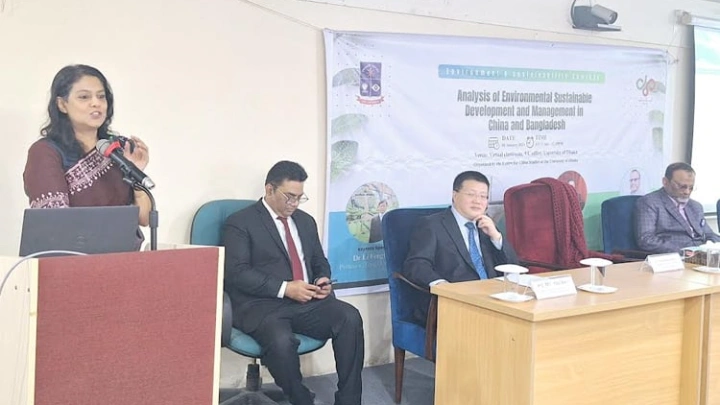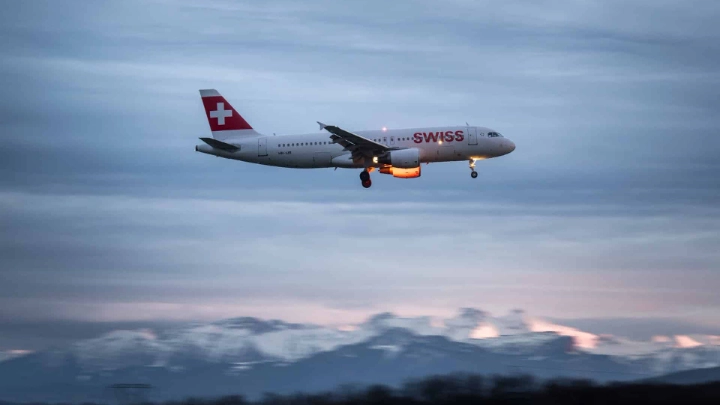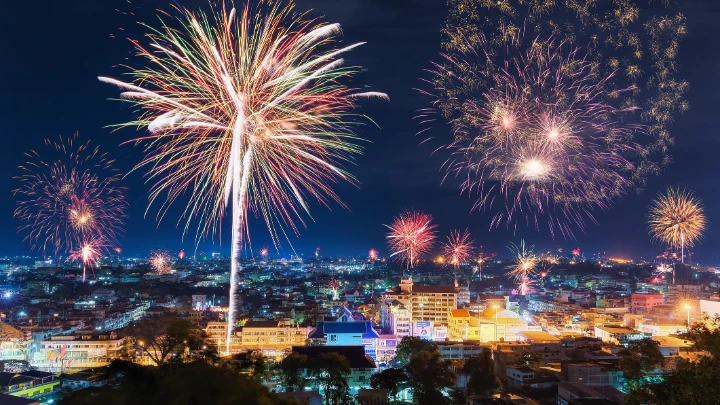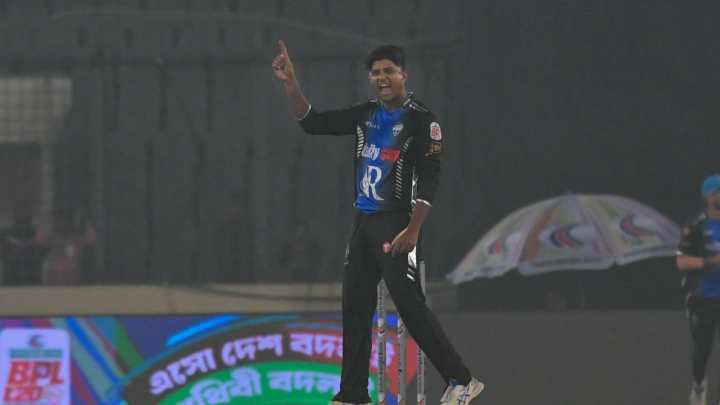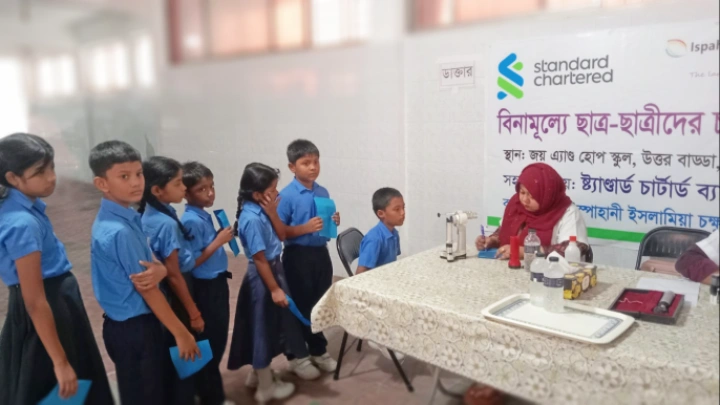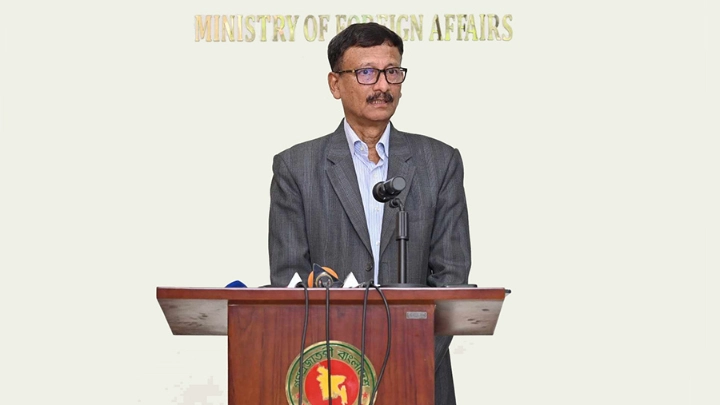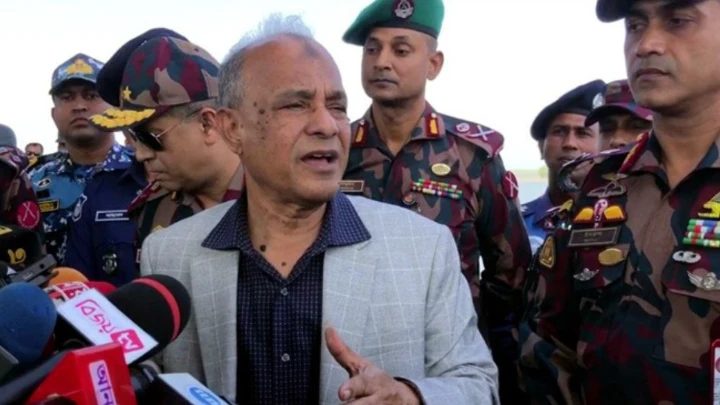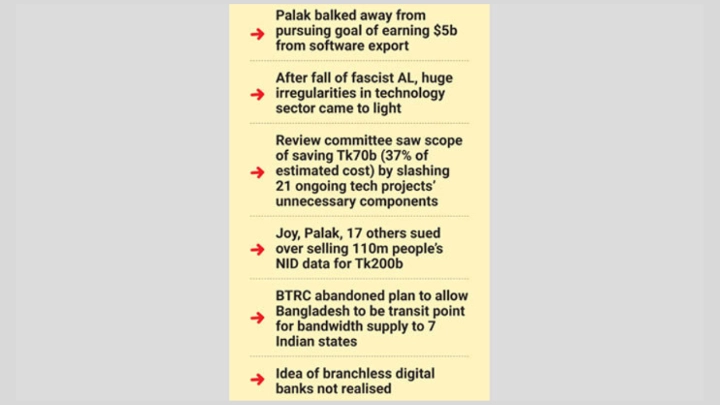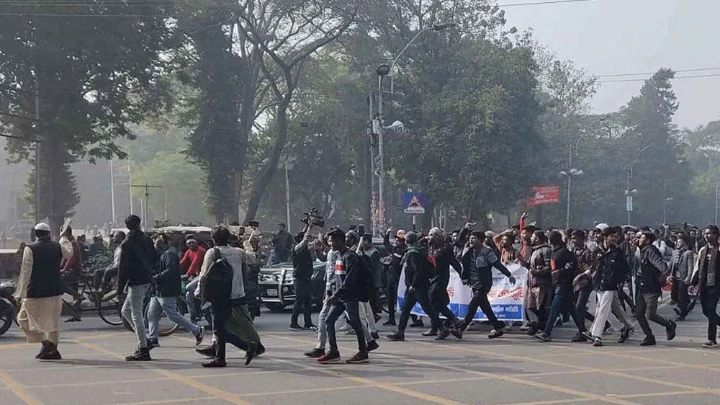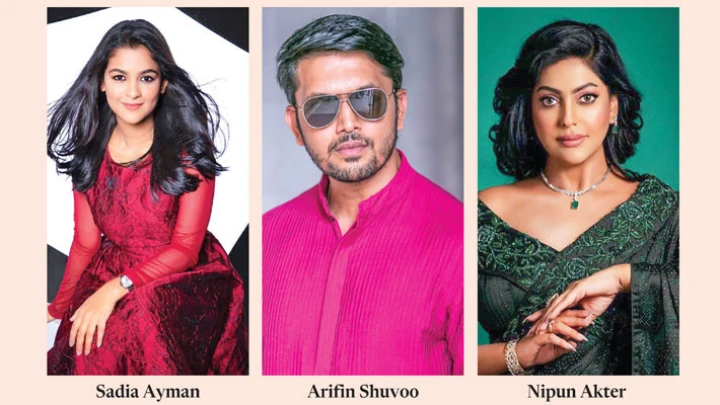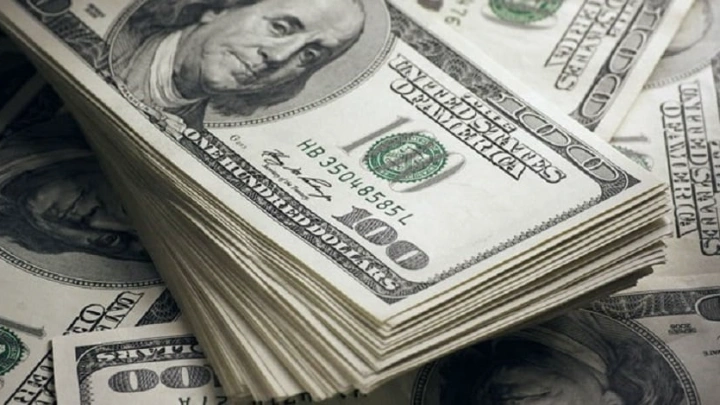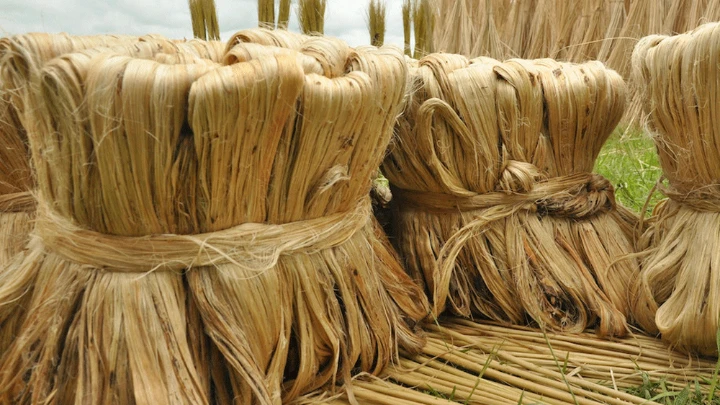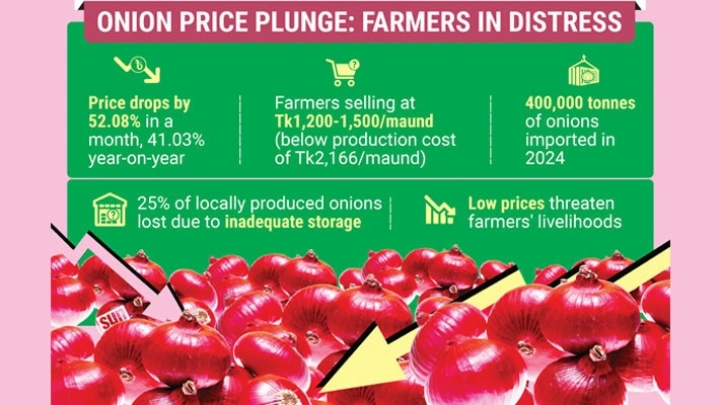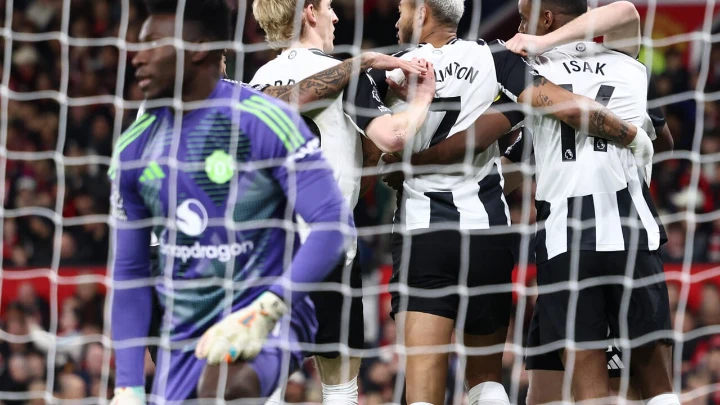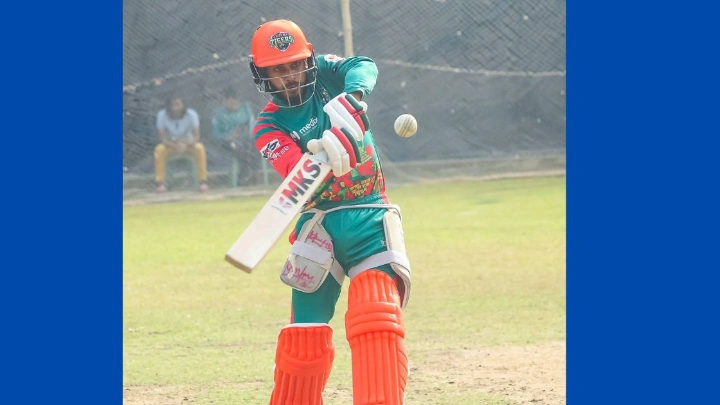Dhaka-Delhi Ties: The wind blows towards a positive change
UNB || Shining BD
After a period of growing tensions in a changed political scenario since 5 August, Bangladesh and India are increasingly demonstrating their willingness to recognise the value of fostering stability, mutual trust, and cooperation in addressing shared challenges for greater prosperity on both sides.
The winds of positive change in Dhaka-Delhi relations indicate a promising turn for the two South Asian neighbours though many feared that the relations would only deteriorate further with a growing anti-India sentiment.
Recent diplomatic exchanges including the foreign secretary-level meeting have shown a commitment to sewing ties and addressing areas of discord.
On 1 January, Foreign Affairs Adviser Md Touhid Hossain made it clear that maintaining good relationships with three big countries - India, China and the United States- is among the priorities in 2025. He stressed that Dhaka’s ties with Delhi will advance beyond a single issue.
There are questions around on how the Bangladesh-India relations will navigate this year if Dhaka's request for returning former Prime Minister Sheikh Hasina remains unaddressed. Adviser Hossain, however, addressed such a question saying this is one of the issues and the two countries have many bilateral issues.
"I think both will continue simultaneously. We have many issues of mutual interest. We will advance with all these issues side by side," said the adviser.
Bangladesh is expecting a reply from India regarding its request for Hasina’s extradition and was supposed to send a reminder after a certain period if no reply is received from New Delhi. India has refrained from commenting further on Hasina's extradition request.
"You know, a week back, I had confirmed that we have received a communication from the Bangladesh authorities in respect of former PM Sheikh Hasina. Further than that, I have nothing to add at this point in time," said Randhir Jaiswal, official spokesperson at the Ministry of External Affairs on 3 January.
Foreign Secretary of India Vikram Misri, during his official visit to Bangladesh on 9 December, reiterated India's willingness to build a “positive and constructive” relationship with Bangladesh based on mutual trust, respect and mutual sensitivity to each other's concerns and interests.
He also emphasized that people are the main stakeholders in Bangladesh-India relations and noted that India's development cooperation and multifaceted engagements with Bangladesh including in areas of trade, connectivity and other capacity building areas are all geared towards the benefit of the people of Bangladesh.
“So, that has been our approach. There are several developments that are happening. There are developments happening on a daily basis, but our generic approach to Bangladesh is what I told you. We would like to foster these ties,” said MEA Spokesperson Jaiswal on 3 January.
India’s approach to foster ties with Bangladesh was made very clear during the Indian foreign secretary's visit to Dhaka, where he highlighted India's support for a “democratic, stable, peaceful, progressive and inclusive” Bangladesh.
On 31 December, Indian High Commissioner Pranay Kumar Verma welcomed Chief Adviser Prof Muhammad Yunus at the High Commission when Dr Yunus went there to pay tributes to former Indian Prime Minister Manmohan Singh, who passed away recently.
New Delhi's reaction was rather soft when on 2 January a Chattogram court rejected the bail prayer of Chinmoy Krishna Das Brahmachari, spokesperson for Bangladesh Sammilito Sanatan Jagran Jote and former ISKCON leader, in a sedition case.
It simply voiced the expectation that the individuals who have been arrested receive a fair trial and the ongoing proceedings in Bangladesh will ensure that. “This is our expectation,” says MEA Spokesperson on 3 January.
Meanwhile, the reciprocal repatriation of 95 Indian fishermen or crew detained in Bangladesh and 90 Bangladeshi fishermen or crew detained in India began on Thursday. The process is expected to be completed on 5 January.
After the handing over on 5 January at the International Maritime Border, the Bangladeshi fishermen or crew, along with their fishing vessels, are expected to return to Chattogram in the afternoon of 6 January.
Essential commodities are coming from India to Bangladesh. In December, 2024, a consignment of 24, 690 metric tonnes (MT) of parboiled rice arrived at Chattogram Port from India. It was the first batch of rice imports from India since Yunus-led interim government assumed office.
To commemorate the Liberation War of 1971, Bangladesh and India invited each other’s war veterans and serving officers to participate annually in each other’s Victory Day celebrations. The year 2024 also witnessed exchange of delegations marking the Victory Day.
These bilateral visits provide a platform for Bangladeshi freedom fighters and Indian war veterans to celebrate the unique friendship of the two countries and to renew memories of the Liberation War, which epitomises the shared sacrifices of the armed forces of India and Bangladesh for the cause of Bangladesh’s freedom from occupation, oppression and mass atrocities.
All these things are seen as a positive approach towards joint efforts to take forward the relations overcoming the challenges following Hasina's downfall and her taking refuge in India.
High Commissioner Verma has said he remains optimistic about Dhaka-Delhi relations despite changes happening around, noting that the two countries can really offer to each other something which they do not need to go elsewhere to find.
He said they are really willing to have a "positive, stable and constructive" relationship with Bangladesh with a forward-looking approach which is mutually beneficial.
"It has to be a mutually beneficial relationship. We also believe that people are the key stakeholders in this relationship. We strongly believe that our cooperation benefits the common people on both sides. This is how we look at the relationship," said the envoy.
"We need to look at our relationship with mutual sensitivity - sensitivity to each other's interests, each other’s concerns and aspirations," said Verma.
He said any notion that things are slowed down is not correct and they are working to take forward the relations.
The high commissioner referred to Indian Prime Minister Narendra Modi's message to Chief Adviser Prof Yunus, later their telephone conversation, and Modi's invitation to Prof Yunus to join the third Voice of Global South Summit hosted virtually by New Delhi on 17 August.
He also referred to the meeting between External Affairs Adviser S Jaishankar and his Bangladesh counterpart Md Touhid Hossain on the sidelines of the UNGA and recently held Foreign Office Consultations at the foreign secretary-level to give a sense that things are not slowed down.
Verma said there is significant robustness in the relations and essential commodities are coming to Bangladesh from India.
He said they are still issuing more visas than "probably all other embassies put together" in Bangladesh.
The envoy laid emphasis on transforming geographical proximity to new economic opportunities.
Analysts say the future of Bangladesh-India relations in a changing political environment will depend on a variety of domestic, regional, and global factors. These include economic interests, geopolitical dynamics, and emerging challenges like climate change and security concerns.
The trajectory of Bangladesh-India relations will likely hinge on sustained dialogue, respect for sovereignty, and pragmatic cooperation, according to the analysts.
As both nations navigate complex internal and external challenges, maintaining a balance between shared interests and sensitive issues will be essential for a stable and mutually beneficial relationship.
Shining BD

